Undergraduate Major Programs

Anthropology
Archaeological Sciences Emphasis
Sharpen analytical skills, develop logical arguments on sound data, and learn to understand the current human condition from the perspective of a nuanced historical perspective. Establish a foundation in traditional science classes, such as biology, chemistry and physics, for the in-depth study of archaeological methods and theories.

Applied Humanities
Spatial Organization and Design Thinking Emphasis
Prepare for jobs that communicate about—and effect change in—buildings, cities, and landscapes with courses in sustainability, digital media, fabrication technology, and more. This degree can also be a stepping stone to graduate studies in design, architecture, urban planning, and landscape architecture.

Architectural Engineering
Develop your foundation in structural health monitoring and analysis, materials processing, water and energy efficiency, and gain real-world experience through specialized projects, architectural studio courses, and paid internships while preparing for a career focused on the structural integrity and resilience of buildings and the comfort and health of their occupants.

Civil Engineering
Prepare to create infrastructure that stands the test of time using methods and materials that preserve the world's vital resources and protect the environment while studying a broad range of subjects. Opportunities for paid internships, fieldwork, capstone projects and design-build competitions position graduates to fill much-needed roles in public and private sectors.

Environmental and Water Resource Economics
Prepare to become a responsible leader in the management of natural resources through coursework in quantitative methods, economics, politics and communication. You'll learn how to formulate policies for responsibly managing natural resources while gaining skills in business management, human resources, and food/fiber production.
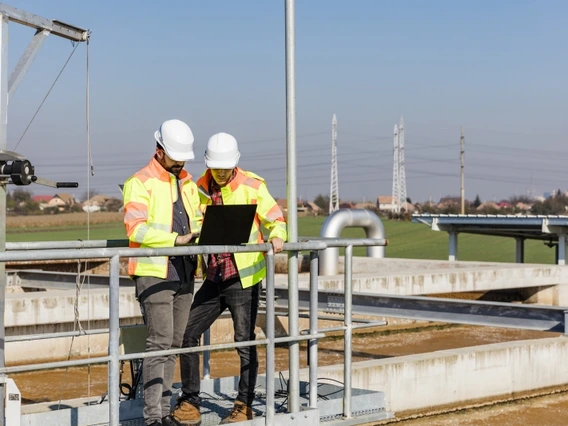
Environmental Engineering
Prepare for a career as an environmental engineer who can develop methods for clean manufacturing, wastewater treatment, water purification, alternative energy, and sustainable building. Learn about toxicity and pollutants and how to address issues across a range of industries that potentially affect the environment and public health in classroom study, research, and real-world design projects.
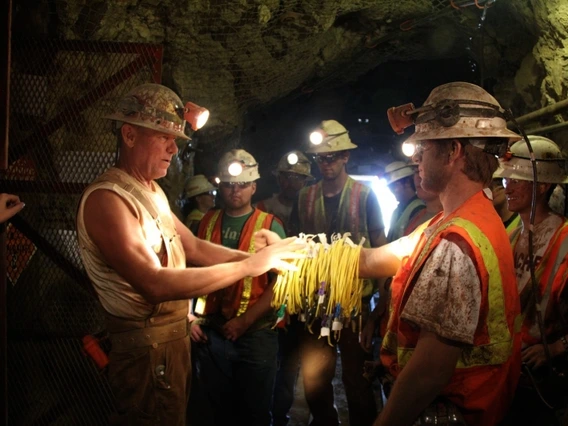
Mining Engineering
Geomechanics Track
Immerse yourself in a specific area of study, including mine operations, geomechanics, sustainable resources and mineral processing; gain work experience in the student-run San Xavier Underground Mine, network with industry leaders, and explore paid internships and sponsored capstone projects working with mining and energy companies and equipment firms.
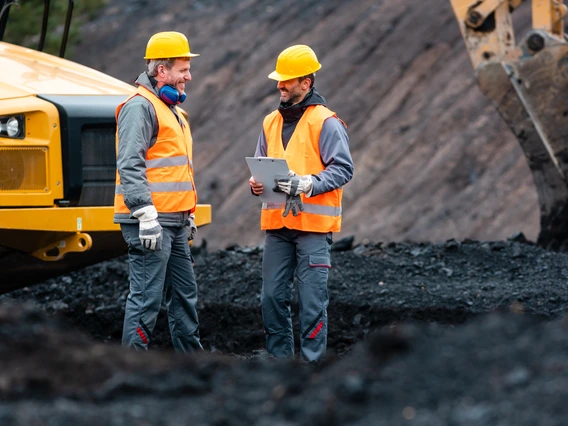
Mining Engineering
Mine Operations Track
Focus on mine design and planning, equipment operations, big data analysis, mine valuation, and mine finance. Prepare for a career as an engineers who optimizes short- and long-term plans for mining, develops and tests autonomous mine equipment, supervises surface and underground mining operations, or designs production technology. A minor in mathematics or geology is encouraged.
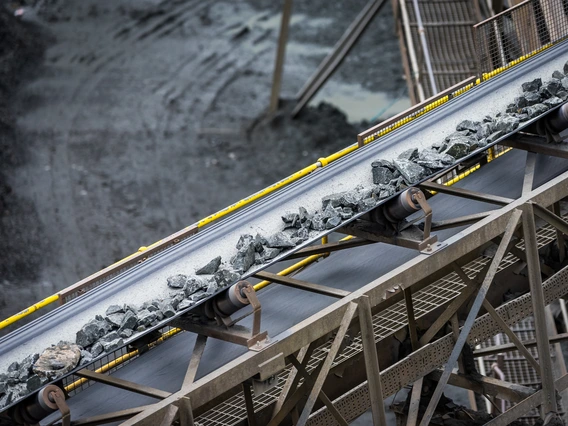
Mining Engineering
Mineral Processing Track
Prepare for a career as a process engineer or metallurgists, in valuable metal extraction, designing and operating new extraction technologies, and developing processing and metallurgical techniques for complex ores. A minor in chemistry, chemical engineering or materials science is encouraged.
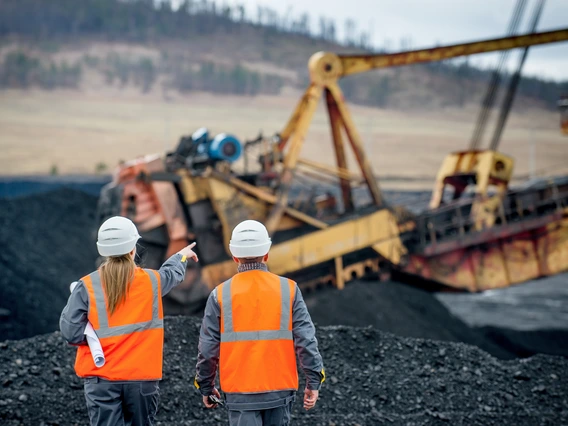
Mining Engineering
Sustainable Resource Dev Track
Prepare to be an engineer who mitigates environmental effects of mining, monitors mine sites for pollution and health hazards, develops health and safety protocols, and helps Indigenous communities develop natural resources through coursework in environmental science, economics, community development, public health, and environmental remediation. A minor in environmental science or public health is encouraged.
Pagination
Environmental Themes
Career Fields












